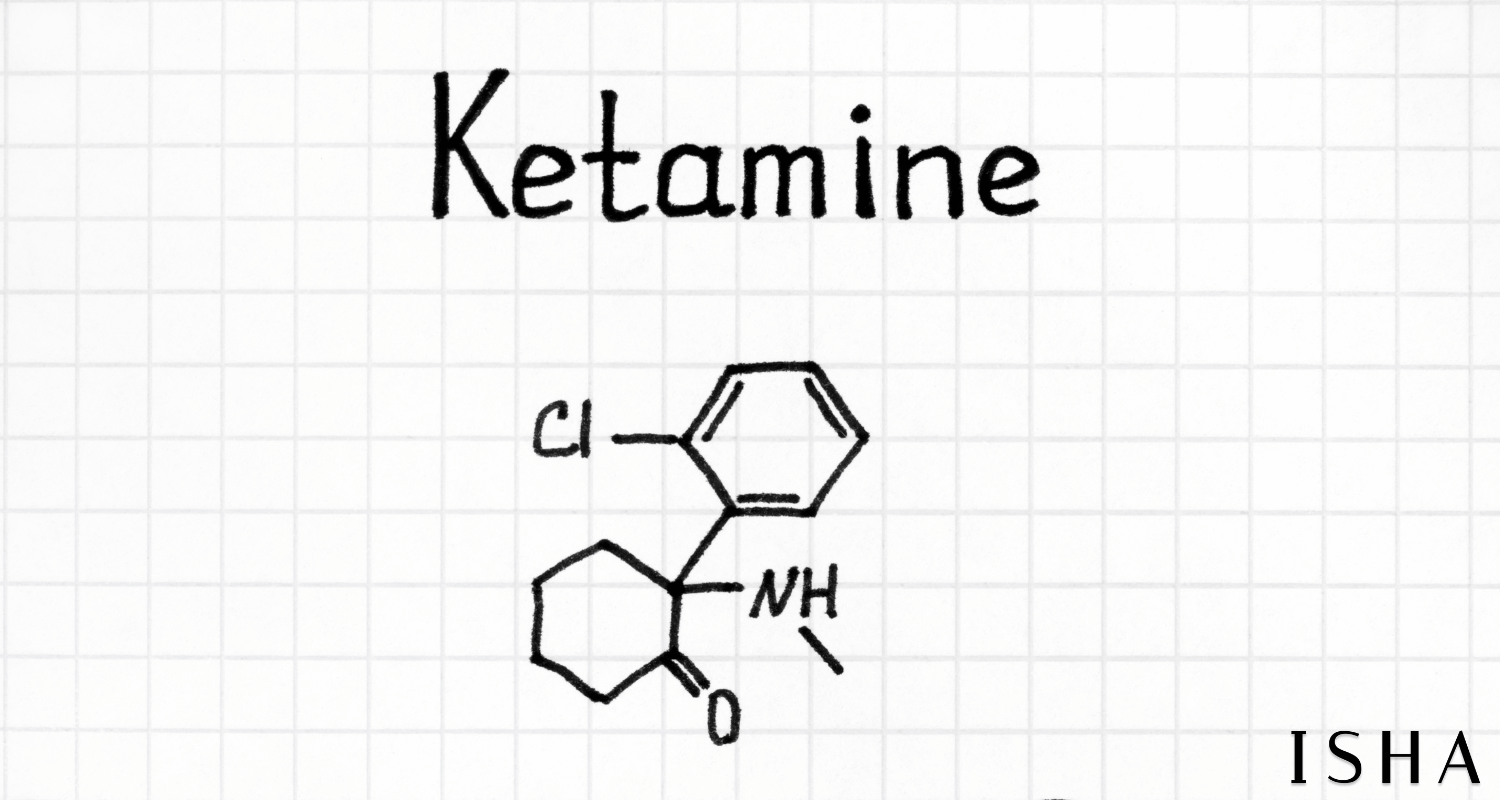Online Ketamine Treatment Available in: AZ, CA, CO, FL, GA, NY, OR, TX, and WA.
Online Ketamine Treatment Available in: AZ, CA, CO, FL, GA, NY, OR, TX, and WA.
FOR PATEINTS
Make an AppointmentpricingOUR TREATMENT APPROACH.png)
Mental Health
September 4, 2023
October 6, 2023
If you've encountered discussions about hyperbolic tapering in the context of antidepressant withdrawal, you might be curious about its significance. This article aims to provide a comprehensive overview of hyperbolic tapering without reference to specific platforms.
Hyperbolic tapering is a fundamental aspect of our approach to managing antidepressant tapering. This method involves gradually reducing medication doses in increasingly smaller increments over an extended period. In simple terms, hyperbolic tapering entails making minute adjustments as time progresses, offering a smoother transition for individuals discontinuing antidepressants.
When discontinuing antidepressants, there are three primary tapering strategies: abrupt discontinuation, linear tapering, and hyperbolic tapering.
Abrupt discontinuation involves stopping the medication suddenly, disregarding the body's adaptation process. This approach can lead to severe and hazardous withdrawal symptoms, making it an unsafe method that should never be attempted.
Linear tapering is a common strategy in primary care settings, where the medication dose is decreased by fixed amounts over a specific timeframe. Despite being more gradual than abrupt discontinuation, linear tapering can still result in uncomfortable withdrawal symptoms due to the brain's lingering expectation of a consistent dosage.
Hyperbolic tapering, the focus of this article, entails reducing the medication dose using incremental steps that decrease in size as the dose lowers. This method extends over a longer duration, minimizing the impact of withdrawal symptoms by accommodating the brain's gradual adjustment to decreasing doses.
Research suggests that the relationship between medication dose and its impact on the brain is hyperbolic, not linear. This insight is crucial for understanding why hyperbolic tapering is effective. Unlike linear tapering, hyperbolic tapering considers the brain's response to diminishing doses in a more nuanced way. By implementing smaller, progressively decreasing dose adjustments, hyperbolic tapering helps to minimize withdrawal symptoms and potential discomfort.
Several studies have explored the benefits of individualized tapering plans that follow hyperbolic principles. References such as "Tapering of SSRI treatment to mitigate withdrawal symptoms" (Horowitz, M. A., & Taylor, D.) and "Antidepressant discontinuation: A review of the literature" (Haddad, P. M.) delve into the complexities of tapering strategies and their impact on patients.
In conclusion, hyperbolic tapering stands out as a thoughtful and methodical approach to discontinuing antidepressant medication. By taking into account the brain's response to decreasing doses, this method offers a more comfortable transition and reduces the likelihood of withdrawal symptoms. As you navigate the process of antidepressant tapering, consider consulting medical professionals well-versed in hyperbolic tapering techniques for a personalized and effective strategy.
Get the latest insights on psychedelic therapy, mental health, and innovative treatments—straight to your inbox.
Sign up
for the
Isha Health
Newsletter
More on
Mental Health
This website has been reviewed by Isha Health California, P.C. and should not be used as medical advice in place of a licensed psychiatric clinician.
IN CASE OF EMERGENCY:
If you are in a life-threatening situation, don’t use this site. Call, text, or chat 988 or 1-800-273-TALK (8255), or use these resources to get immediate help.



.png)

.png)
.png)
.png)
.png)
.png)






.png)
.png)
.png)
.png)









.png)




.png)
.png)
.png)



.png)










.png)
.png)





.png)



.png)



.png)
.png)
.png)
.jpg)

.png)
.jpg)
.png)
.png)

.jpg)

.png)
.png)
.png)

.png)




%202.png)
.png)



.png)
.png)
.png)
.png)
.png)
.png)
.png)